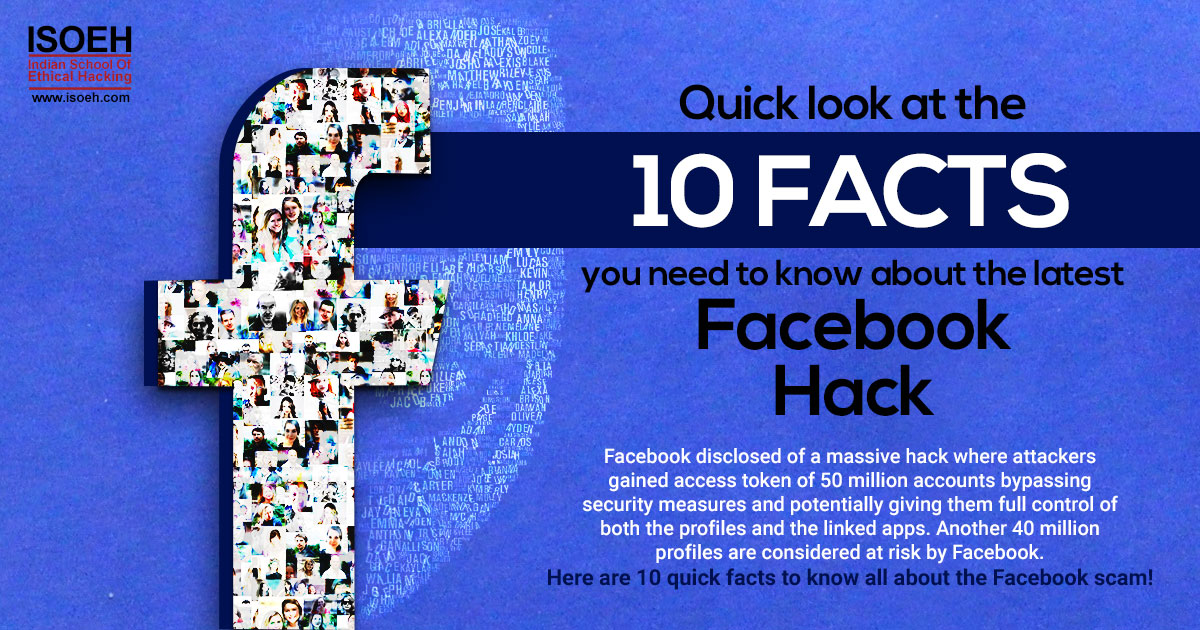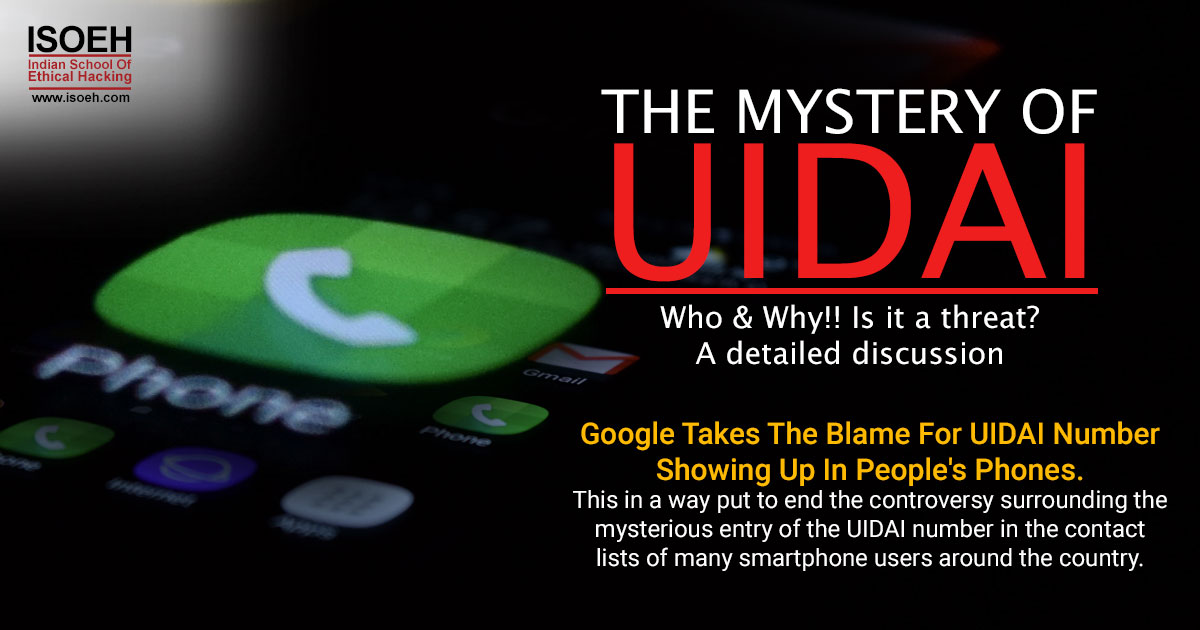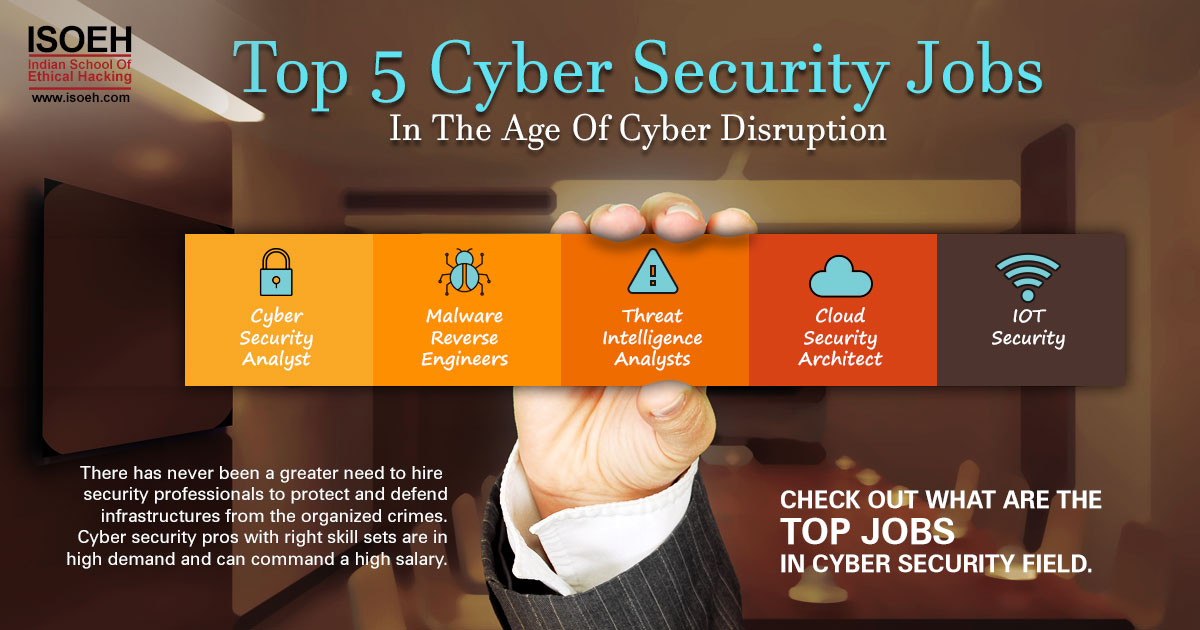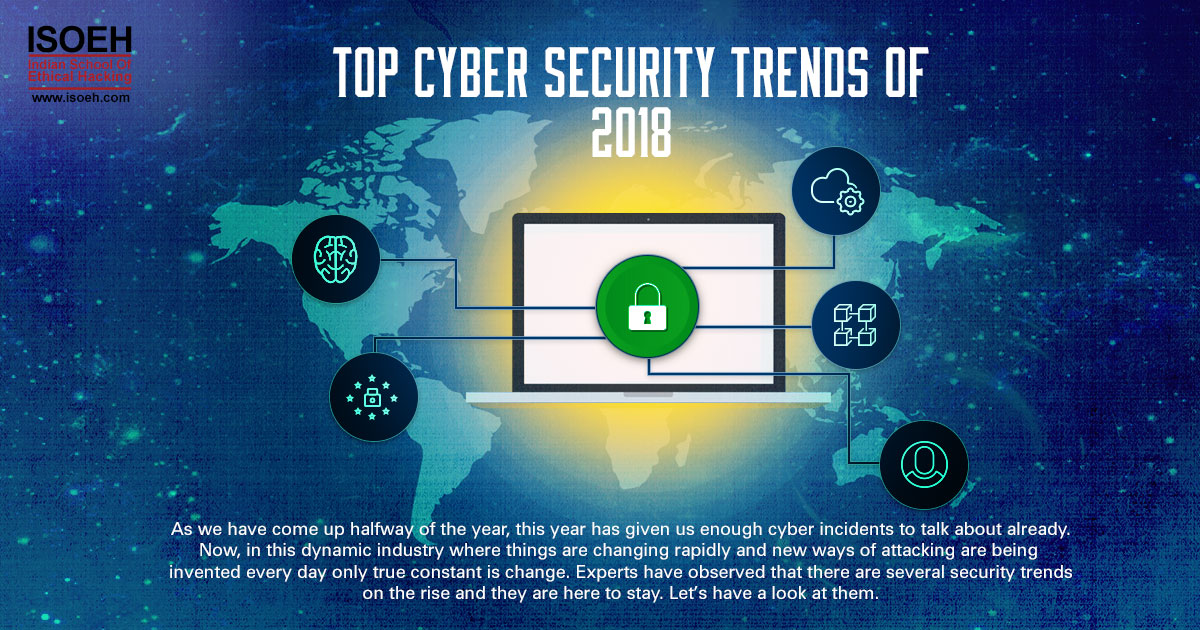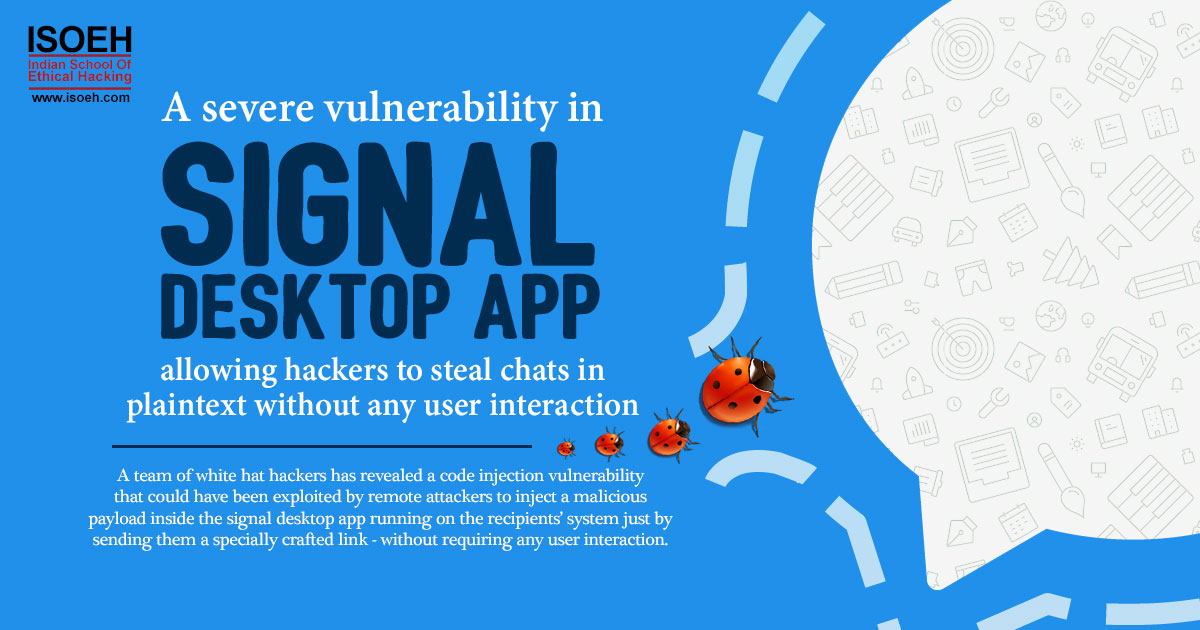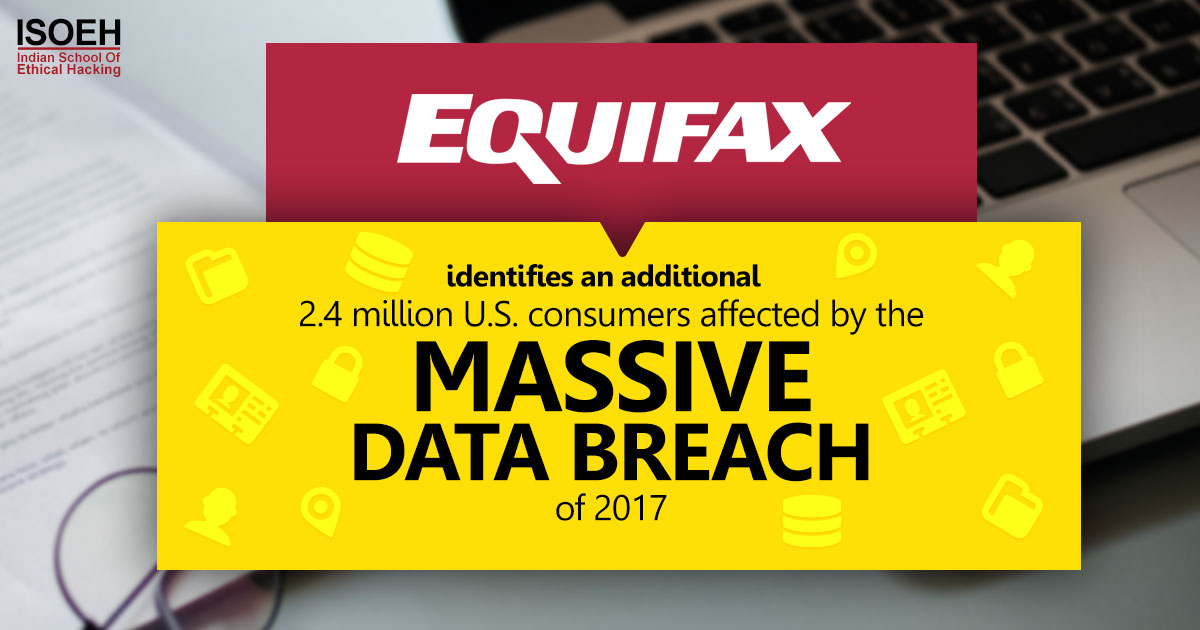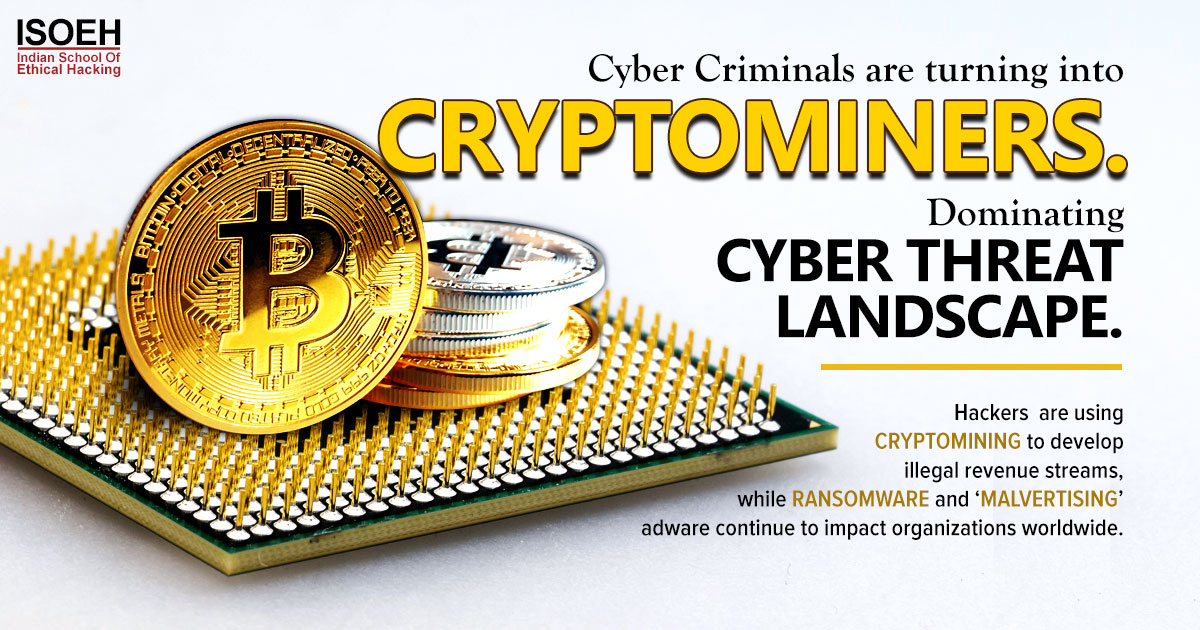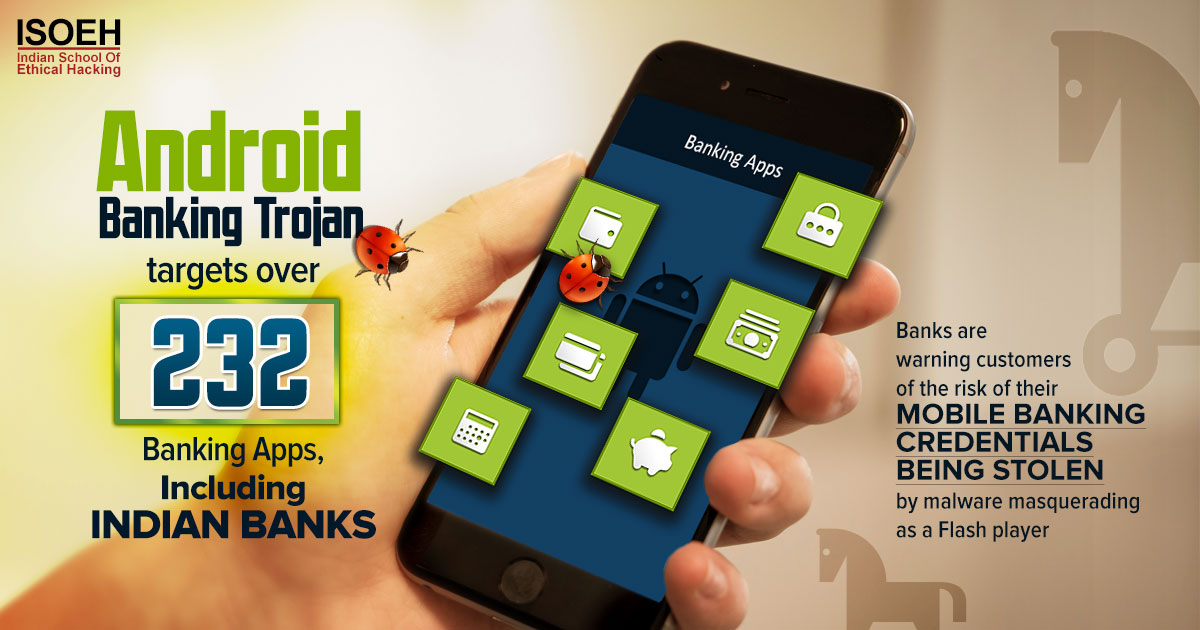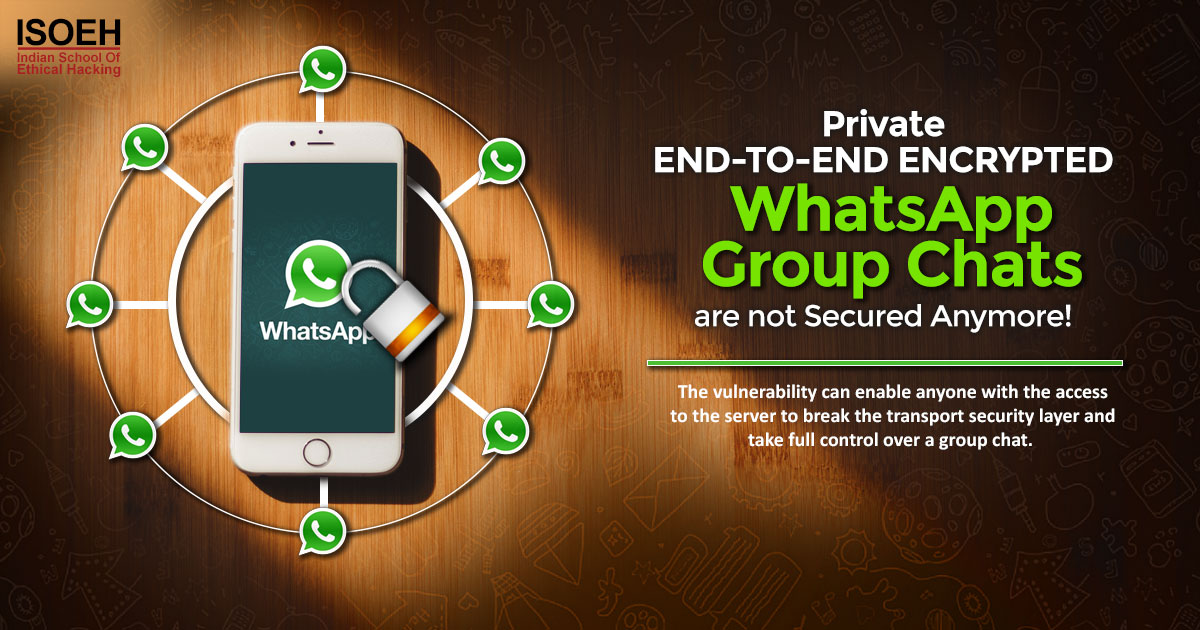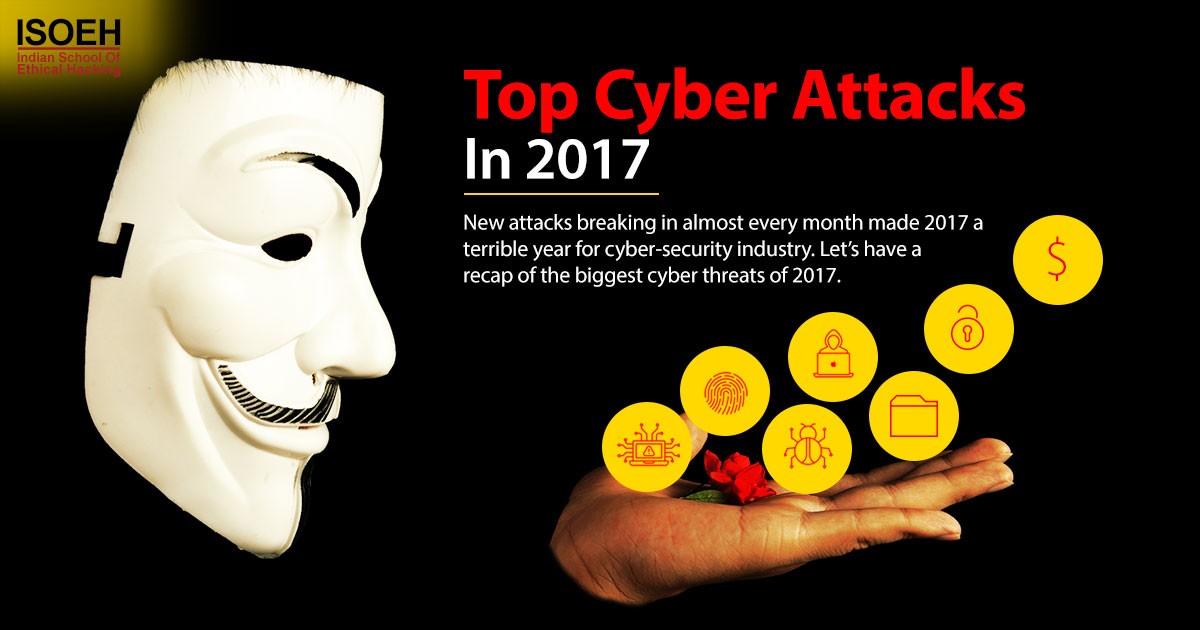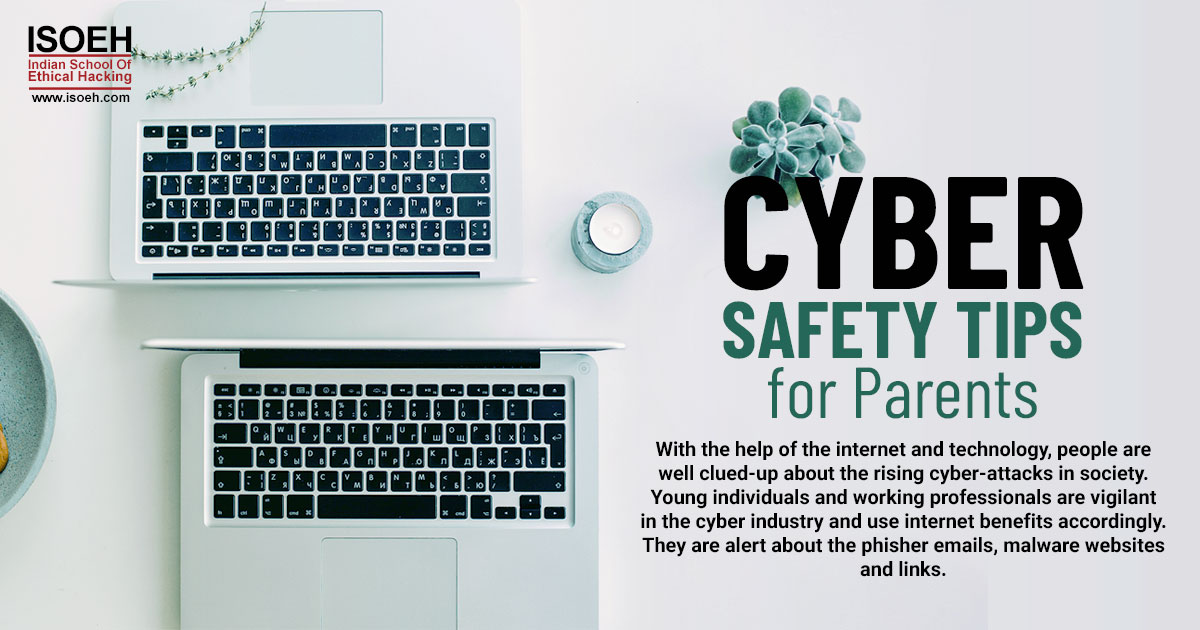
With the help of the internet and technology, people are well clued-up about the rising cyber-attacks in society. Young individuals and working professionals are vigilant in the cyber industry and use internet benefits accordingly. They are alert about the phisher emails, malware websites and links.
We can comfortably say that our IT sectors and organizations are aware of the hacking attacks and ready to fight against them.
But, what about our children, they also use the internet, and surf various websites and applications... Are they safe?
With the responsibility of safeguarding our personal and professional data, it's our utmost duty to take care of our children. We know very well that the internet serves more disadvantages to children than its benefits. Hence, educating your children about cyber security is equally important as we teach them to watch both sides before crossing a road.
Let's understand below how we can guide children to prevent cyber attacks so that they can safely browse the internet.
1. Never leave your device alone:
We cannot stay without the internet. Whether it's a smartphone or laptop, we require the internet every hour, every minute. Hence, it is important to take care of the resources precisely. Cybercriminals do use stolen laptops and phones to gather information. Our devices store sensitive data such as email logins, addresses, dates of birth, etc. which can be harmful when it reaches into the wrong hands.
2. Never share your credentials with anyone:
It is intrinsic for parents to help children to know the importance of different credentials. If it is an email account or a social networking site, your credentials need to be fully secure and kept with you only. We have noticed that young students usually share their email passwords with others during their school/college projects. This is a casual practice that can put anyone at risk. Moreover, it is very essential to have a strong password, not just your date of birth or name.
3. Checking inbox and websites:
Mostly ransomware hackers send malware in email attachments and links. Hence, it's useful to assist children with emails coming from unknown addresses. Moreover, children should only visit the registered and safe websites, and prevent clicking on any advertising links on the internet. Besides, for any doubts, they should consult the parents.
4. Use social media accounts carefully:
Most children use their parents' credentials (phone and emails) for social media account verification. Anyways, it can be proven dangerous for children to operate a social media account. You as a parent, should review the privacy setting of their account and make the changes accordingly. Never add any unknown to your friend or follower list. It is highly advisable to keep your accounts private or update less personal information in there.
The era of technology enables parents raising children with cyber awareness. The advancement adds another responsibility to their parenting i.e. cope up with their internet habits and guide them with a safe digital world. It's a modern time, thieves steal your information without entering your home.
ISOEH (Indian School of Ethical Hacking) is one of the reputed ethical hacking institutes in Kolkata, West Bengal, India. We help children and individuals with diverse cyber security courses (ethical hacking, ccna training, app development and various diploma courses).
Stay Aware, Stay Safe!
Hacking Tools
Explore All Hacking Tools »
UFTP is an encrypted multicast file transfer program for secure, reliable & efficient transfer of files. It also helps in data distribution over a satellite link.
Read DetailsBreaking News
Breaking News Of Each Month »
The recent pandemic was unexpected and unknown to most part of the world. It has changed our life and we are slowly adapting to our new lifestyle. The risks associated with the new lifestyle, both personal & corporate, are unknown to most of us.
Read Details



